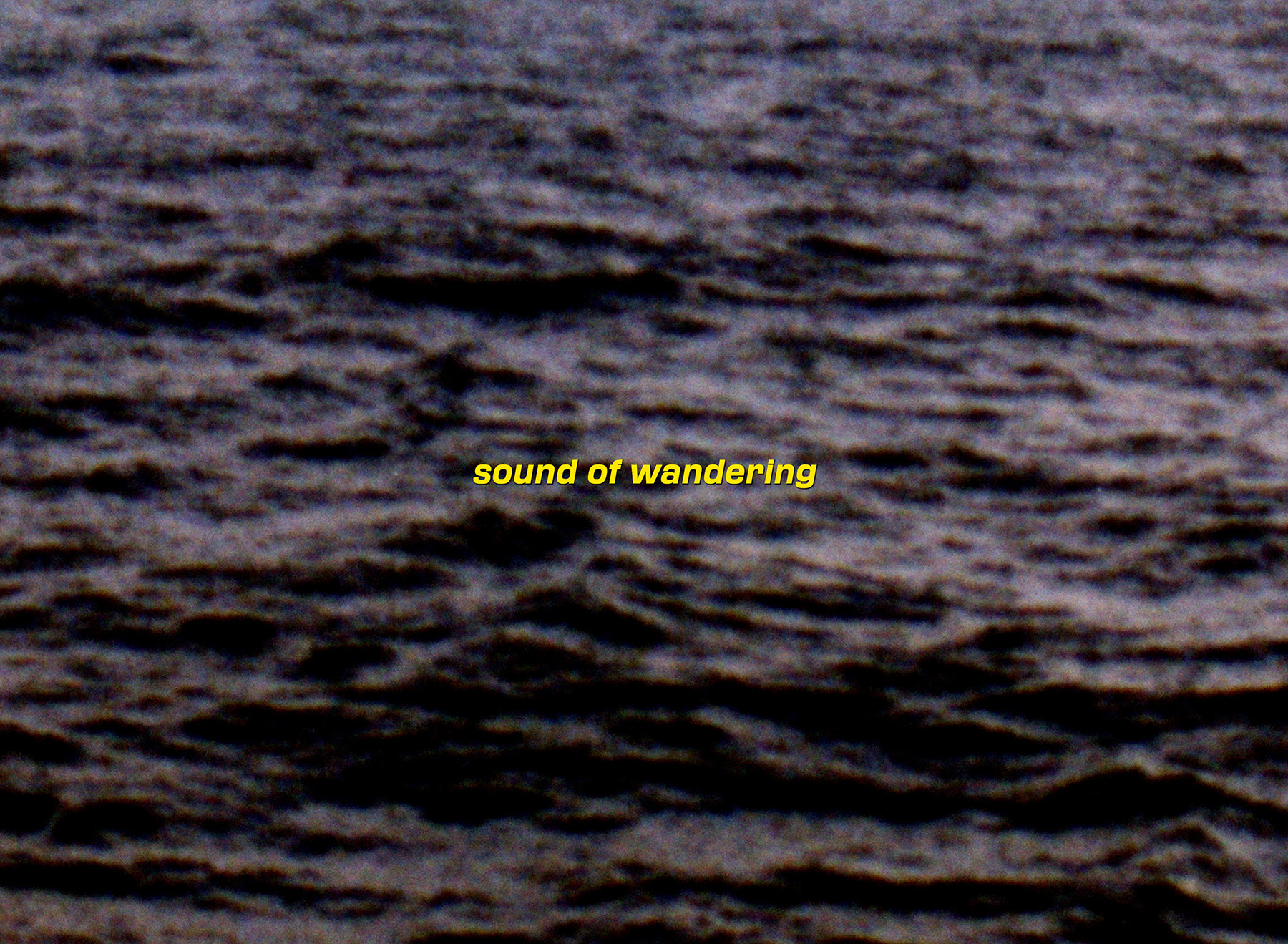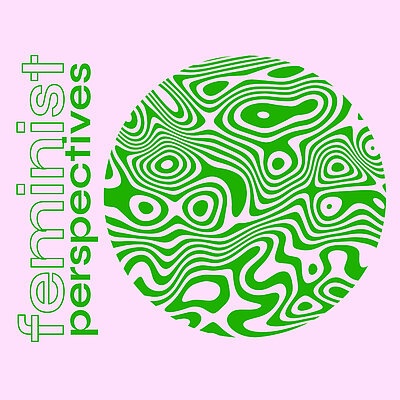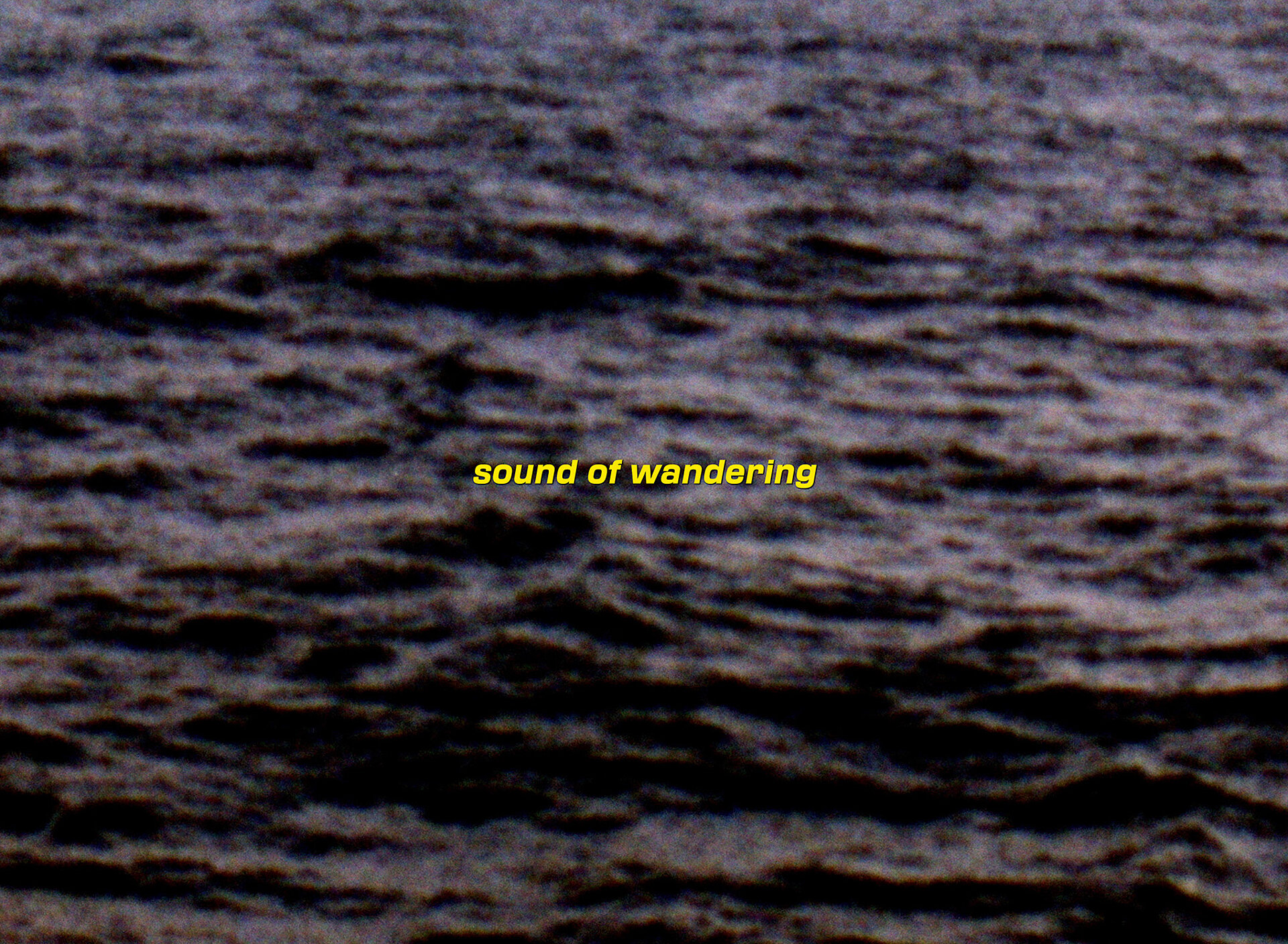
Saturday, December 6, 2025, 2 to 3.30 pm
Feminist Perspectives
PROGRAM 2 | INCLUSION I: MAKING ACCESS WORK – Processes of Inclusive Film Making
Feminist Perspectives | Program 2 | INCLUSION I: MAKING ACCESS WORK – Processes of Inclusive Filmmaking
How is a film created when accessibility is not added afterwards but considered from the beginning? What happens when disabled people work not only in front of but also behind the camera and shape the production processes themselves? The second program is dedicated to inclusive film practice as a rethinking of what film can be and how it is made.
The four works understand access as a creative principle and aesthetic decision. They show that inclusive film production does not mean adapting existing formats, but developing new cinematic languages—languages that emerge from the specific experiences, needs, and perspectives of disabled and neurodivergent people and take up their perspectives.
After… After… Access by Jordan Lord makes this attitude explicit in the title: access doesn't come "after"—not afterwards, not as an addition, not as a mandatory exercise only after legal threats. The essay film documents Lord's preparation for heart surgery and fundamentally reflects on the relationship between showing and telling, on different dimensions of accessibility. Audio description and open captioning are not optional features here, but inseparable, constitutive components of the film itself. Lord shows that accessibility is not a restriction of artistic freedom, but its prerequisite.
Seo Hye Lee's [sound of subtitles] and Portland Forecast explore the poetry and fragility of communication from the perspective of a Deaf artist. In [sound of subtitles], a one-minute film without sound, three identical image sequences are provided with three different subtitles—once action-based, once abstract, once music-based. This playful intervention makes visible how formatively language shapes our perception and how much the type of description changes meaning. Lee invites us, regardless of our hearing ability, to imagine our own soundscapes and to rethink the meaning of listening.
Portland Forecast expands this approach into a complex fabric of creative subtitles, sound descriptions, and dual narration on Super-8 material. Inspired by the Shipping Forecast—that poetic British tradition of maritime weather reports on radio—the film speaks—in analogy to weather—about the unpredictability of language and communication. Lee makes accessibility the central artistic principle and thereby opens multiple channels of access and meaning. Her works demonstrate that subtitles and audio description are not neutral translations, but interpretive, creative acts.
Alien by Sybille Bauer-Zierfuß, Elsa Scheel, and Helena Paflik tells a paradigmatic story of inclusive filmmaking as a process of rethinking—or as Bauer-Zierfuß says: of being-allowed-to-rethink. Originally planned as a fiction film about autism, with autistic children in the lead roles, it quickly became clear that the classic film set didn't work. The filmmaker let go of her internalized ideas and trusted completely in the ideas and decisions of Elsa and Helena. The film crew left the set, the location was moved to a private apartment, all creative work was taken over by the three autistic people themselves.
The result is more than a film—it is documentation of a learning process, a safer space, an intergenerational dialogue. The three slip into different roles to reflect on their everyday experiences in a world that makes them feel like aliens. In a particularly striking scene, the perspective is reversed: Sybille plays a neurotypical child while Helena speaks about her, just as society normally speaks about autistic people. This reversal of gaze makes the violence of normative attributions palpable and calls for listening.
The four films show that inclusive film production does not mean integrating disabled people into existing structures, but changing the structures themselves. They demonstrate that Disability Aesthetics is productive—that innovative cinematic forms emerge from the specific experiences and needs of disabled and neurodivergent people that expand the medium itself.
What becomes visible here is a post-ableist film practice: film not as a normed product, but as an open process; not as an individual work, but as collaborative practice; not as representation of disability by non-disabled people, but as art created by disabled people themselves. Such films are manifestos and invitations: they demand structural changes in the film industry and show concretely what these can look like. They make clear that accessibility does not mean renunciation, but gain—in aesthetic complexity, in diversity of perspectives, in cinematic innovation. Access first is not only an ethical demand, but a creative promise.
Information
PROGRAM 2
Saturday, December 6, 2025
2 to 3.30 pm
INCLUSION I: MAKING ACCESS WORK – Processes of Inclusive Filmmakin
- After… After… Access (Jordan Lord, USA 2018, 16 min) OV (EN, SDH, integrated AD)
- [sound of subtitles] (Seo Hye Lee, UK 2021, 2 min) OV (EN, SDH, no sound)
- Portland Forecast (Seo Hye Lee, UK 2023, 11 min) OV (EN, SDH, integrated AD)
- Alien (Sybille Bauer-Zierfuss with Elsa Scheel, Helena Paflik, AT 2024, 22 min) OV (GER, SDH)
Followed by a conversation with
Sibylle Bauer-Zierfuss (in German, ÖGS)
Jordan Lord (by Zoom, English, ÖGS)
Moderation: Clara Trischler
Admission and screening is free; all you need to do is register online for a ticket. Please register for the slots only, that you can attend in person. Please exchange the ticket at the box office for a wristband, which also grants you free admission to all exhibitions at mumok on that day.
The organizers want to make it easy for everyone to join in by offering free admission, but appreciate a voluntary donation to help cover the costs. You will find the donation box at mumok kino.
FILM SYNOPSES PROGRAM 2
This essay film addresses questions of accessibility as the filmmaker attempts to document his own heart surgery. The film accompanies Jordan Lord in preparation for the operation: watching medical images of his own body together with friends, reuniting with a former love, preparing for his mother's arrival in New York, documenting the family's arrival, and finally being admitted to the hospital. Accompanying this material, the film's voice-over narration reflects on the relationship between showing and telling, on different dimensions of accessibility, and on how accessibility is often only considered after legal threats—both in the context of making this film and in the context of disability in general. After… After… Access understands accessibility as a narrative and technical prerequisite: audio description and open captioning are inseparable components of the film.
A film without sound in which a repeated image sequence is provided with three different subtitles: action-based, abstract, and music-based. Seo Hye Lee playfully explores the nuances between language and sound and compares the forming of ceramics on a potter's wheel with the way language and communication shape meaning.
"For as long as I can remember, I have required subtitles/closed captions to be turned on while watching TV and film. In particular, seeing the description of individual sounds and music has always been fascinating to me. As someone who did not grow up with an experience of pop music culture, I always enjoyed rethinking what music sounds like in a more abstract form; connecting the sounds to various emotions.
Being interested in the subtle nuances between language and sound, my research has led me to explore the language of subtitles within archival footage of pottery and craft films that I collected (…). I was interested to explore how identical videos took on varied meanings when the subtitles were altered and, in particular, how this can alter the viewing experience for the audience. By juxtaposing abstract, action-based, and music-based subtitles, I aim to highlight how powerful the use of imagery and words can be and how much this can alter our perception of events. [sound of subtitles] is silent throughout, allowing the audience to travel through the transition of videos and texts and encouraging viewers to conjure their own interpretation of sound and event. Regardless of hearing ability, one can explore their own unique soundscape and reimagine the meaning of listening." (Seo Hye Lee)
"Portland Forecast is a moving image work that explores the fragility and poetry of communication through the tactile lens of Super 8 film. Drawing from my experience as a deaf artist, it weaves together creative captioning, sound description, and dual narration to open multiple channels of access and meaning. Taking inspiration from the shipping forecast, it speaks to the unpredictable nature of language and communication, foregrounding accessibility as a central artistic principle. Through its integration of multiple forms of communication it invites a more expansive, inclusive way of engaging with moving image." (Seo Hye Lee)
Originally planned as a fiction film, the project developed into an accessible experiment created by three autistic people of different ages: Elsa Scheel, Helena Paflik, and Sybille Bauer-Zierfuß. After a year of getting to know each other, filming began, but the classic film set didn't work. The filmmaker let go of her own ideas and trusted entirely in the ideas and creative decisions of Elsa and Helena. The film crew left the set, all cinematic and creative work was taken over by the three themselves. Sybille Bauer-Zierfuß's apartment served as the main filming location, where a room was specially redesigned for the project.
Thus Alien is a film about autism and identity that delves into the diverse experiences of autistic people and invites audiences through a combination of narrative and documentary elements to reflect on the complexity of communication, identity, and human experience. Alien is an intergenerational work that is more than just a film: a space for visibility, education, understanding, and acceptance.

© mumok – museum moderner kunst stiftung ludwig wien
